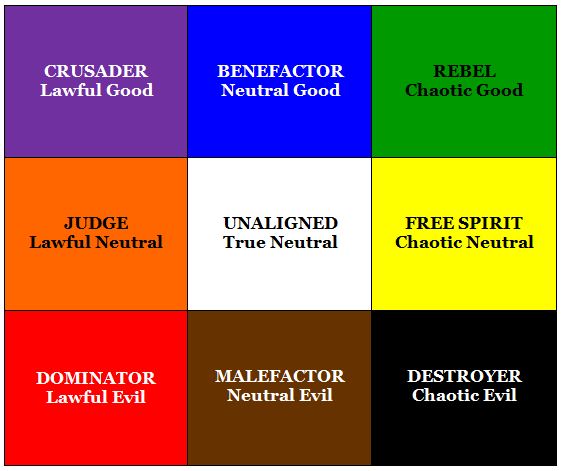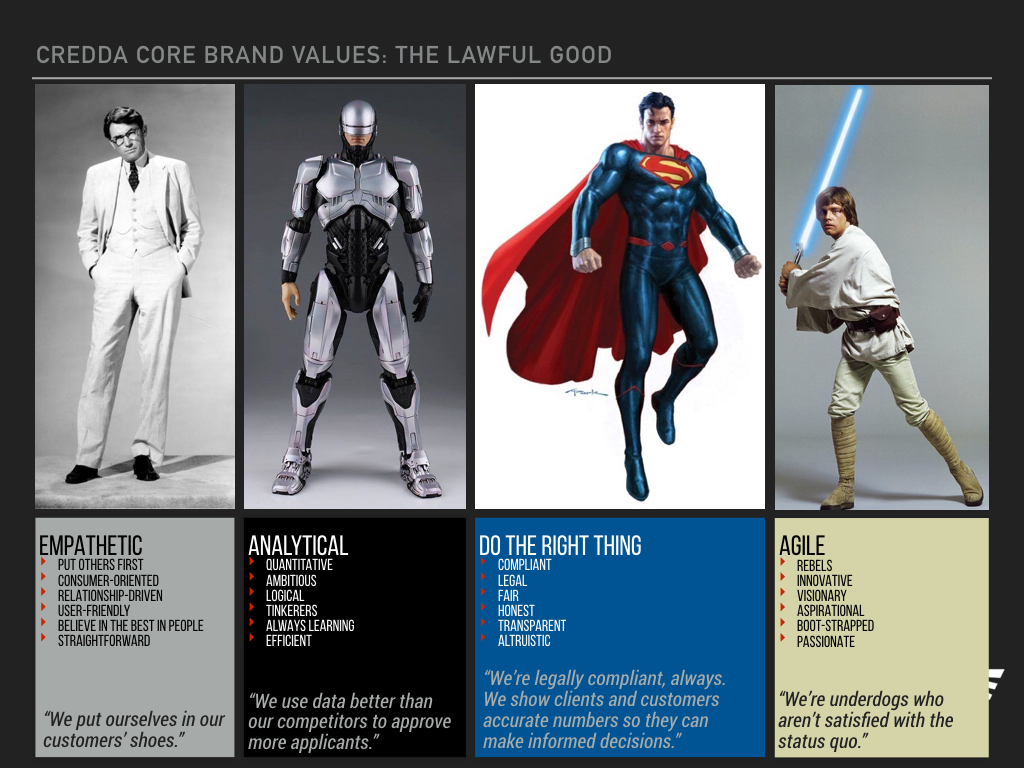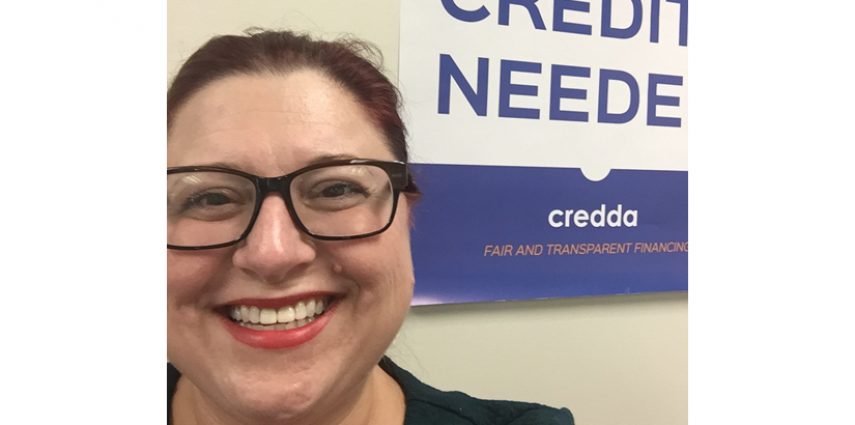Recently, I had some web development work I needed to complete as part of a larger product launch. Not having any resources in house, I started talking with several companies who specialized in the work I needed done. Each of the four companies I engaged was a referral from a trusted source and their work product was exceptional.
After creating a specifications document and scope of work, I scheduled and met with all four companies in person or virtually. Three of the four companies asked a few questions, agreed to get me a proposal and we ended the conversation.
The customer experience to follow was appalling.
Company A: They never called into our scheduled conference call to discuss the project scope or specifications. Ten minutes past the scheduled start time, I emailed them to ask if they were unable to make it. Three hours later I received a short email saying they had been tied up and asking if I could call them now. No apology. No explanation. Nothing.
Company B: After a productive conversation about the project, they agreed to provide a proposal within the next 4-5 days. On the 6th day, I received an email saying they were not going to be quoting the work because another big project they were waiting on called them right after our initial meeting to tell them they won the bid. They sat on this information for 5 DAYS before telling us they weren’t going to bid on the work.
Company C: These folks were probably the most comprehensive in all of our initial meetings. They asked quite a few questions and took the time to understand all the input and outputs and the relationships between them. I was quite impressed. Leaving the meeting, I was told we should expect to see a proposal in the next “few” days. Five days later I received their proposal. It was three times as expensive as the next quote and would take 4 times longer to complete than the next longest timeframe proposed.
Company D: Similarly to the B and C conversations, we had a good initial meeting but I received an actual number for the cost of the project. It was presented as a “minimum” they charged for any project. The cost was reasonable even if it was perceived as a confrontational way of approaching pricing. Ultimately, we chose this company to complete the project. We made the decision around 5:00pm on a Friday and asked if we could meet them somewhere to deliver a check so they could start work on it the following Monday. No one was at their office. After another 90 minutes of texting and emailing to see if they could agree on a spot to meet, the founder finally agreed to meet me so I could give them a check. They took on the project, delivered it on time and within budget. Their project/ account manager could not have been more professional.
Unfortunately, there was not an encore performance… Based on the initial project, we asked Company D to quote ongoing development we have in the pipeline and, again, we had a productive conversation and an agreement that a proposal would be sent in a few days.
Eleven days later, I received a text asking if I could talk with their sales guy again before he sent the proposal.
Eleven days…
During an industry meeting a few weeks later, I was discussing my experience with a friend of mine who works in a successful SAAS company and he was surprised these were the only issues I had. He then regaled me with tales of a dozen other companies committing similar or worse gaffes. Apparently, this was somewhat of a norm. It was appalling.
All of the companies we approached for this project are technically proficient and represent some of the best in web development shops. Their founders are fully engaged and they are, for the most part, growing their business at a more than respectable pace. However, it was clear that each of them lacked any real focus on creating a strong customer experience. No matter how good a company’s product or service, the customer must have a great experience buying and working with them. Here are a couple of things to consider when looking at the customer experience you have created.
- Communication: What are your expectations for communicating with a customer? How fast should an email or voicemail be returned? What happens when a deadline is going to be missed? Who takes responsibility for deliverables that aren’t met? Does everyone know what these expectations are?
- Reliability: Nothing makes me want to fire a vendor or partner faster than flakiness. Do what you say you are going to do. Meet deadlines. Satisfy expectations. Be accountable.
- Take their Money: Never, ever make it difficult for someone to give you money. Blow up any obstacles in the way of their money making it into your bank accounts.
- Know your Market: Don’t send proposals with pricing that is completely out of whack with your market and potential customer base. Not only will you not be seriously considered, you also wasted a lot of time putting it together.
- Communicate Bad News Fast: Company B knew they weren’t going to be able to take on my project 10 minutes after our first meeting but didn’t communicate that with us until 6 days later. Bad news is bad news but dragging your feet in communicating with a client only makes it worse. They wasted our time and time is a precious commodity.
- Integrity: None of the companies we spoke with appeared to do anything that wasn’t completely above board but it is worth mentioning here that this is fundamentally important. Great reputations take a lifetime to build but only a moment to destroy.
If you are debating the merits of this list or why you should spend time worrying about how your customers feel about working with you, consider that the development we are exploring represents about $250k worth of work at the current billable rate. Three of the four companies we spoke to will never have another opportunity to bid on that work simply because their initial delivery and behaviors were so poor.
Every company can audit their own experience using a myriad of processes and hire external firms to do it for theme. Since I work with a lot of startups and entrepreneurs, I might suggest a couple of simple actions.
- Ask three different people in your org who are responsible for customer deliverables what happens when a deadline is missed. If you get three different answers, you have a problem.
- Have a friend or colleague mystery shop your company. Have them fill out a web form or send an unsolicited email and ask them how long each step took and what they thought of their experience. Choose someone you know will be honest with you and let them provide a critique.
- Talk to your customers and ask them what they think. This doesn’t have to be overly formal- just a conversation. If you can talk to customers who fired you, do it. They can offer incredibly valuable feedback.
Lastly, don’t be scared and don’t let your ego get in the way. Ask your people and yourself some hard questions. Your product may be the absolute best but if your customers are having a dismal experience working with you, the product can’t carry you forever.
Your Customer Experience may be Killing your Company May 20th, 2016Matt Hottle




